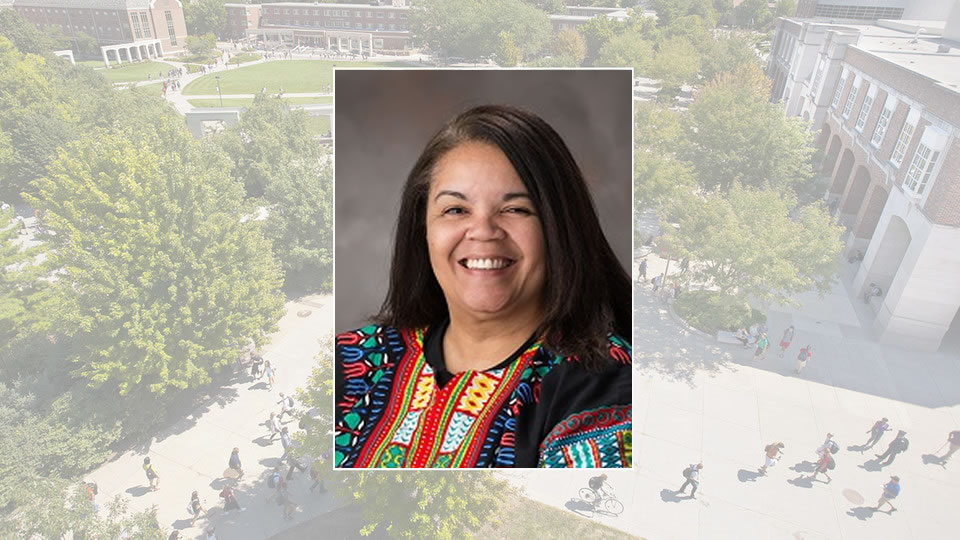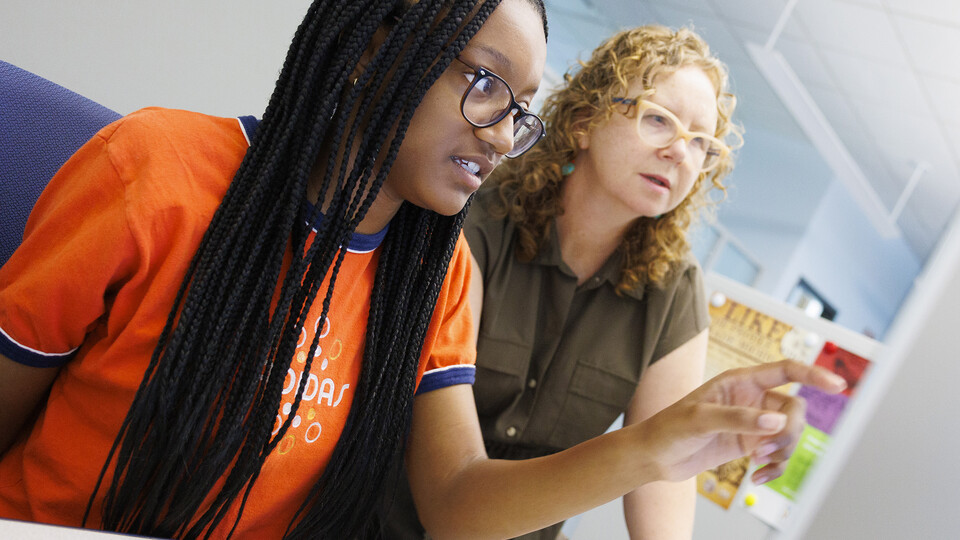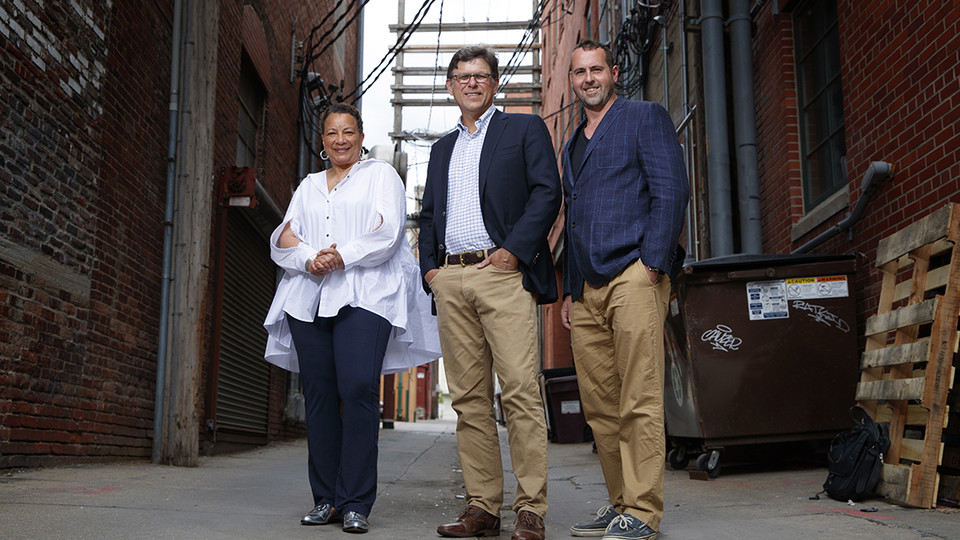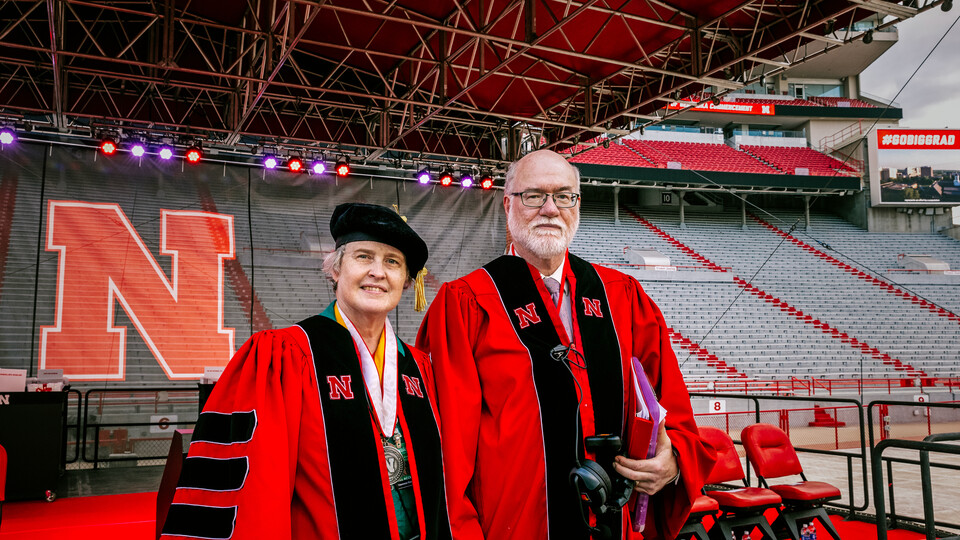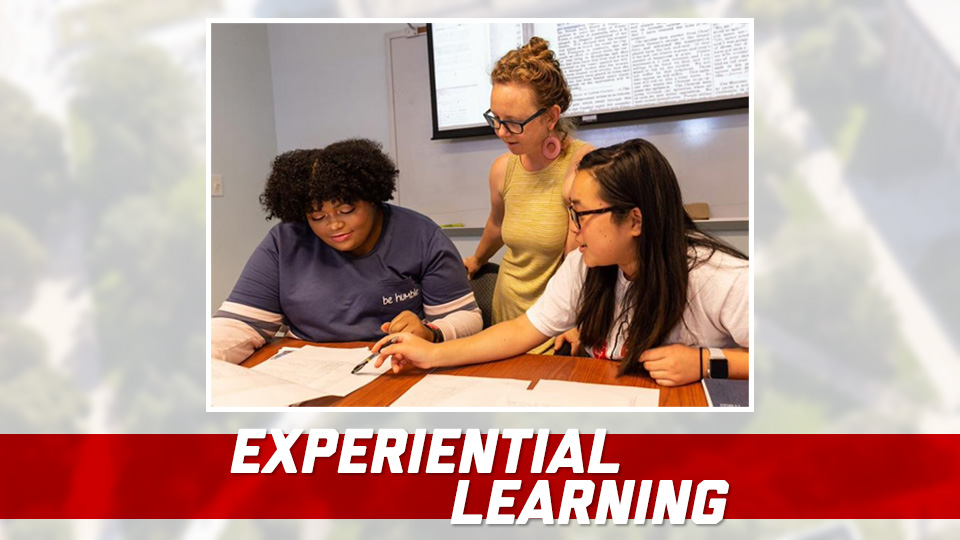
Katrina Jagodinsky, Susan J. Rosowski Associate Professor in the Department of History, is principal investigator for the Digital Legal Research Lab, which has earned three years of funding from the National Science Foundation through the Research Experience for Undergraduates (REU) Sites program.
Mastering concepts central to the study of law and science enables a deeper exploration of the connection between law and society, but few undergraduates are trained to engage in rigorous analysis of the law. The intensive ten-week program supports eight undergraduate students per year and will include an orientation to the methods and tools needed to effectively analyze historical and ongoing legal practices and structures, an introduction to mixed-methods research design, and analysis of primary source materials from digital and physical repositories.
Jagodinsky will guide students in the analysis of freedom suits and habeas petitions for a case study of freedom-making between 1770 and 1924 to demonstrate the widespread legal mobilization of marginalized petitioners who challenged exploitation.
William G. Thomas III, Angle Chair in the Humanities and Professor in the department, and associate dean for research in the College of Arts and Sciences, will serve as a mentor. His research collects, digitizes, and analyzes freedom suits filed between 1800 and 1862 and traces the multigenerational family networks they reveal.
A diverse group of undergraduates students, contributing unique perspectives to digital legal research, will:
- learn to advance critical inquiry into past and present trends in crime, violence, and policing; legal decision-making; legal mobilization and conceptions of justice; and litigation and the legal profession
- participate in the innovative restructuring of archival legal data from indexing focused on case party names and dates to a system prioritizing demographic and relational data
- offer novel insights relevant to family law, federal Indian law, immigration law, labor law, morals policing, and slavery
- develop analytical questions, disseminate research findings, establish distinct research identities, and craft competitive applications for funding opportunities and graduate programs
The project is supported by the Center for Digital Research in the Humanities, the Department of History, and the Office of Research and Economic Development.
